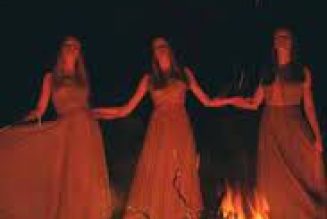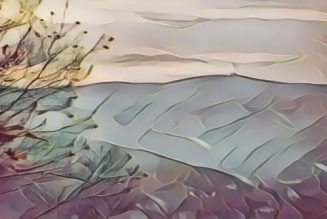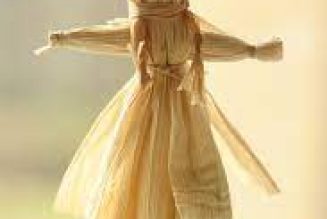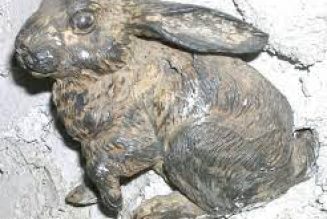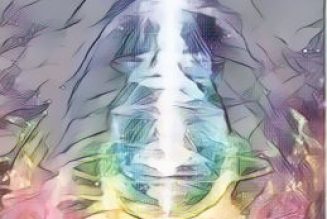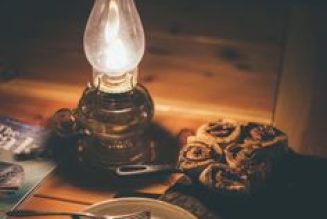Scottish witch whose stories of wild sexual escapades with the Devil titillated and shocked her stern neighbors and reinforced the prevailing beliefs in witches as evil creatures bent on destroying their fellow man.
Isobel Gowdie, an attractive woman with red hair, a color associated with witches, voluntarily confessed to witchcraft on four occasions in April and May 1662.
The confessions in themselves astonished the local folk, but what was even more astonishing was Gowdie’s assertion that she had been engaging in obscene activities for 15 years.
No one, apparently, had ever caught on, not even her husband.
According to her confessions, Gowdie’s involvement with the Devil began in 1647, when she met him in the shape of a man in gray in Auldearne, the remote area in Morayshire where she lived.
He enticed her into his service, and that very evening baptized her as a witch in the local church with her own blood, which he sucked from her.
He gave her a Devil’s mark on her shoulder and renamed her Janet.
Much of her witchcraft, she said, was taught to her by fairies. Gowdie said she joined a coven of 13 witches—thus bolstering the myth that all witches organize in groups of 13—which met regularly for sabbats marked by sexual orgies with demons and the Devil, feasting and dancing.
She proudly explained how she sneaked away to attend these affairs without her husband knowing: she substituted a broomstick for herself in bed, and he never realized the difference.
She and her sister witches flew off to the sabbats on corn straws, beanstalks and rushes, which they charmed into flight by shouting, “Horse and Hattock, in the Devil’s name!”
If someone below spotted them and did not cross himself, they would shoot him down with elf arrows.
Gowdie delighted in describing her intercourse with the Devil: how he plunged an enormous, scaly penis into her, causing excruciating pain, and how his semen was cold as ice.
As painful as she made it sound, Gowdie also apparently enjoyed it.
If she or the other witches displeased the Devil, he beat them with scourges and wool cards.
She also told how she and her coven members tormented their neighbors.
They raised storms by beating wet rags upon stones while reciting incantations.
They made farmland sterile by ploughing it with a miniature plough drawn by toads.
They hexed children by sticking pins in dolls.
They blasted one farmer’s crops by digging up the body of an unchristened child and burying it in his manure heap.
They shot elf arrows at people to injure or kill them. If they became bored with tormenting others, the witches amused themselves by metamorphosing into animals, usually hares and cats.
Stunned by these stories, the local authorities had Gowdie stripped and searched for the Devil’s mark, which they found.
The records give no reason as to why Gowdie one day decided to confess these lurid tales, without any prompting or suspicion upon her.
Furthermore, she welcomed punishment:
“I do not deserve to be seated here at ease and unharmed, but rather to be stretched on an iron rack: nor can my crimes be atoned for, were I to be drawn asunder by wild horses.”
In Letters on Demonology and Witchcraft (1830), Sir Walter Scott speculated that “this wretched creature 144 Gowdie, Isobel was under the dominion of some peculiar species of lunacy.”
In The Occult (1971), Colin Wilson suggests she was a highly sexed woman with a vivid imagination, who turned to fantasies to alleviate the boredom of a dull existence; at some point, her fantasies became real to her.
But after 15 years, the excitement of having a secret grew thin, and there was only one way to recharge it—by making a public confession.
The records also do not indicate what became of Gowdie or the other unfortunate Auldearne witches she named.

